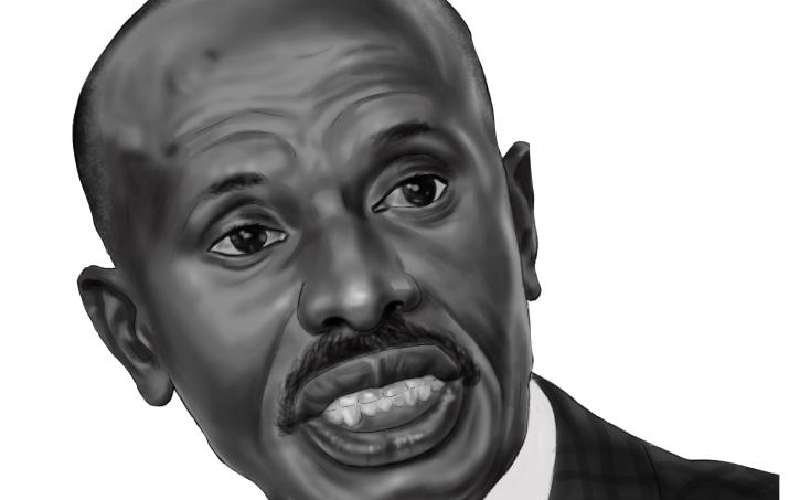×
The Standard e-Paper
Kenya’s Boldest Voice

Though trade movements are key economic institutions, and can impact significantly in the fight against poverty, the government appears determined, through twin mechanisms of co-option and coercion, to take over the control of labour unions.